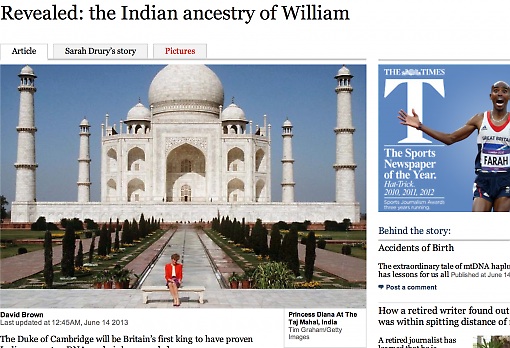It is a truth universally acknowledged that the news media shape, frame and alter public opinion. Only up to a point: the exceptions to this rule help to explain public reactions to both the use of nerve toxins in Syria and to the surveillance revelations of Edward Snowden.
This morning, pundits on both sides of the Atlantic are scrambling to assess the British parliamentary vote against military action against the Syrian government. The way in which public opinion is moving on Syria, surveillance and relations between Britain and America can be partly explained by two striking qualifications to the simple idea that news media tell people what to think.
Sometimes, public opinion moves independently of discussion in the media and does not reproduce the prevailing consensus inside mainstream newsrooms. In the 1990s, British (and Danish) public opinion began to turn doubtful on the European Union before sceptical opinions started turning up in newspapers. Media opinions in Britain were not unanimous about joining the US invasion of Iraq in 2003, but there was majority in favour; public opinion was against. Most editorials in London this week tilted in favour of action in Syria; public opinion is solidly opposed.
Secondly, when the tone and conclusions reached in the public sphere differ from what opinion polls tell us people think, the difference is usually the result of long, slow deep changes in mood and thinking. Journalists like to present change as something sudden which has just happened. Big changes in consensus don’t occur as right-angled turns. They are gradual, tentative, empirical and often only half-observed.






